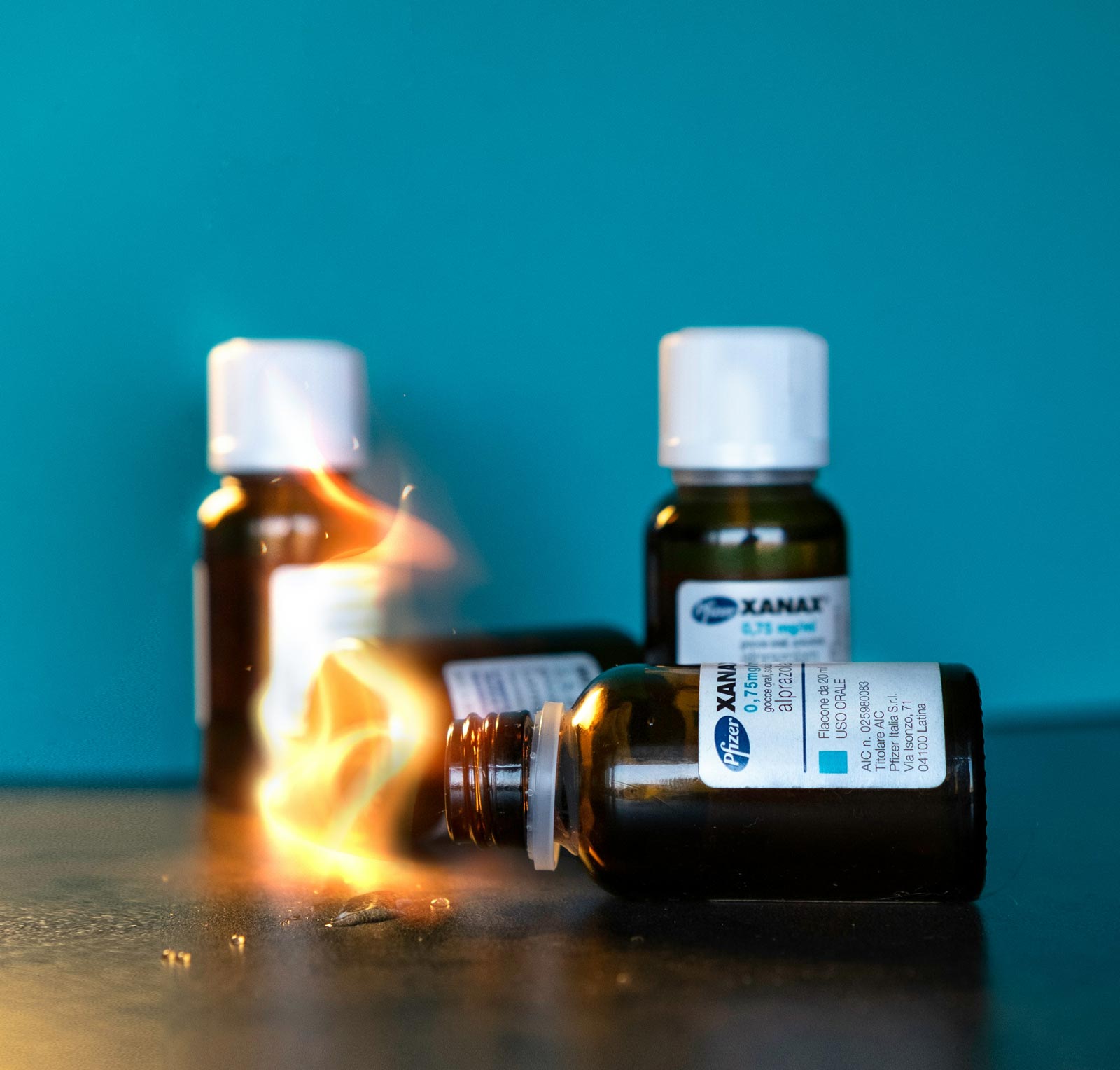If you want to quit smoking weed, here are some tips to improve your success:
- Make a plan with goals for how you will quit and manage your cravings.
- Create a support network to turn to when you need help and ensure accountability.
- Identify your possible marijuana triggers and make a plan for how to handle them to avoid relapse.
- Surround yourself with healthy, supportive people who support your desire to quit smoking marijuana.
- Engage in hobbies or activities that give you focus, such as going to the gym, painting, or learning music.
- Consider weaning yourself off weed instead of quitting suddenly. This approach can help you minimize withdrawal symptoms.
These tips can help whether you try to quit on your own or in a treatment program, but quitting weed and staying sober is often more effective if you enter a treatment program for marijuana abuse or addiction. With professional help, you can develop a strategy, manage your cravings, and commit to a life of sobriety.
Professional Treatment for Marijuana Addiction
It’s extremely difficult to quit marijuana on your own, especially if you’ve been using it heavily or for a long period. Professional help can be the best option to help you quit marijuana, manage withdrawal, and learn how to cope with cravings and relapse triggers.
Marijuana addiction treatment isn’t one size fits all, however. Treatment programs are highly personalized and may include:
- Cognitive behavioral therapy (CBT): CBT is a type of behavioral therapy that addresses mental health issues by identifying unhealthy thought patterns and learning how to cope with them.
- Contingency management: Contingency management is a type of therapy that uses a rewards-based system to reinforce healthy behaviors like choosing to abstain from marijuana.
- Motivational enhancement therapy: Motivational enhancement therapy works to improve attitudes toward treatment and inspire motivation to commit to addiction treatment.
Depending on the extent of the marijuana addiction and other factors, treatment may be on an inpatient or outpatient basis with a range of therapies.
Seek Help for Marijuana Abuse and Addiction
Quitting weed can have incredible benefits, including improved mental health, heart health, and cognitive function. If you or a loved one is struggling with marijuana abuse or addiction, you don’t have to face it on your own. Overcoming marijuana addiction can be extremely difficult, but professional treatment can give you the support and tools to commit to a healthier lifestyle.



